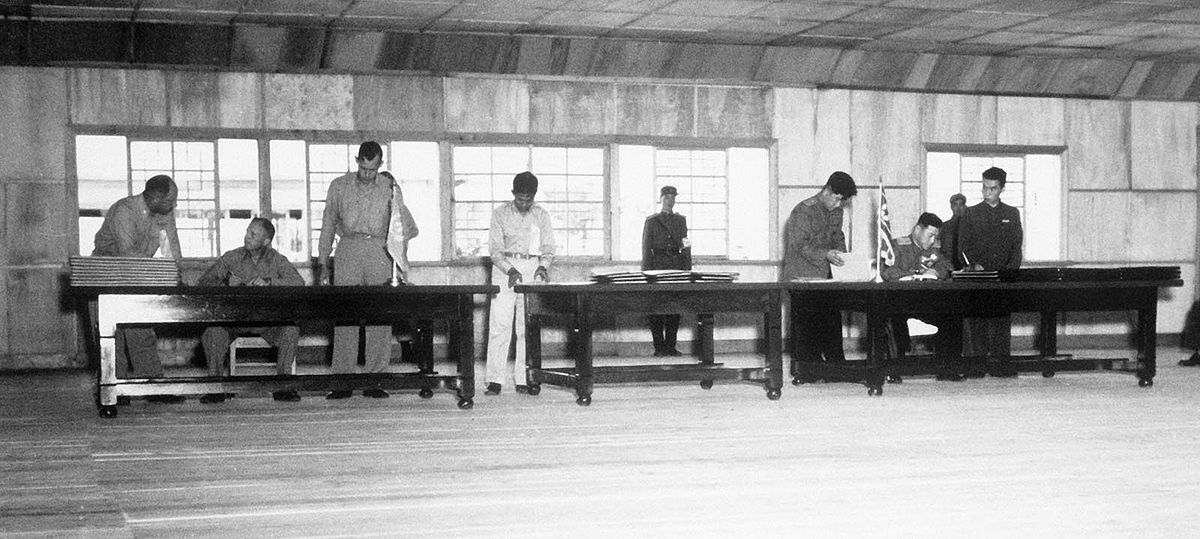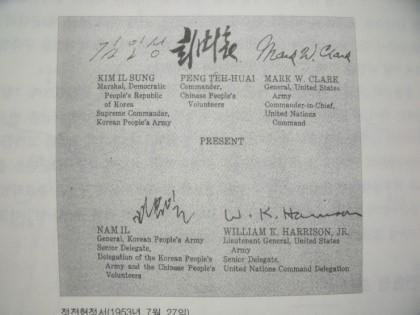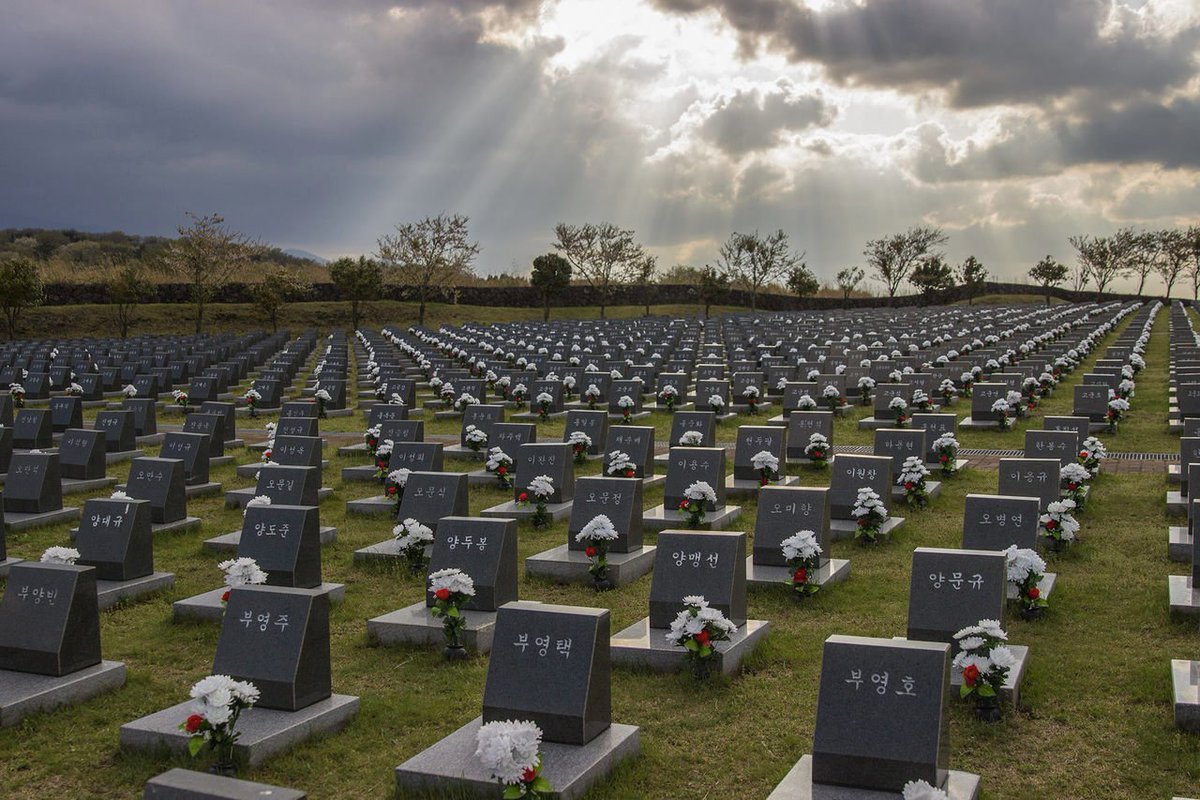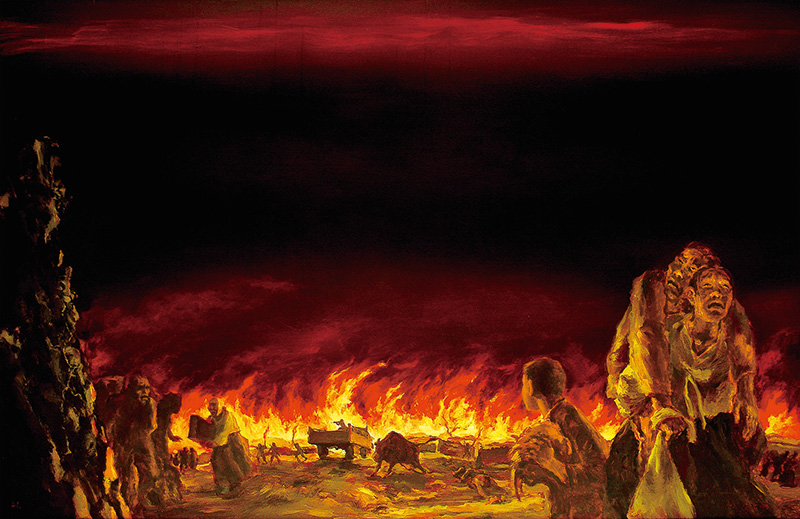
#OTD in 1948, the US-backed government in southern Korea enacted the National Security Law (NSL), only 4 months after its founding. [THREAD] 

The law, still active today, was enacted to protect “the security of the State.” Yet, in practice, it has been used since 1948 to crack down on reunification, socialist, communist, or any broadly leftist sentiments of the Korean people.
When the US installed the Rhee government in the south of Korea, there was widespread discontent. The Korean people opposed US occupation and a divided Korea.
The US-supported newly formed Rhee regime heavily repressed the people’s protests and uprisings, and the NSL was an important part of the repression. 

The law was created in part to suppress the 1948 Jeju Uprising, where the US Military Government in Korea (USAMGIK) and south Korean police & right-wing paramilitary groups massacred an ~30,000 people. 

On top of that, they used the NSL to suppress knowledge of the uprising and massacres, labeling discussion of the Jeju Massacre as “pro-North” speech.
In 1949, one year after the NSL was enacted in 1949, 80% of the 118,621 criminal arrests involved NSL violations. Crackdown of dissent with the NSL encompassed every aspect of the political, social, and artistic life of Korean people.
To this day, the NSL allows persecution for being part of a leftist organization (regardless of actual activity), controls and censors the press, poetry, paintings, school lessons.
Our own member, Juyeon Rhee was banned from entering South Korea during the right-wing Park Geun-Hye administration for her work organizing against the THAAD missiles on Korean land. The travel ban cited the National Security Law. 

In addition, the NSL has been used against defectors or political prisoners who do not denounce the DPRK. The National Intelligence Service (NIS) of Korea has used the NSL to manufacture spies and propaganda.
Pictured: Suh Hoon, Chief of the National Intelligence Service
Pictured: Suh Hoon, Chief of the National Intelligence Service

Poll results from 2004-2005 show that 9.1% support the full abolition of the National Security Law, and over a third support reforms to protect human rights. In 2004, there was a motion to abolish the law, but it was blocked by the right-wing Grand National Party.
With the ongoing Korean War, the existence of the law has been historically justified in the context of alleged North Korean threat even during periods of friendlier relations.
The NSL’s origins in the Jeju massacre and historic influence on all aspects of ROK society demonstrate the importance of state violence to the imperialist status quo. National division & capitalist domination have been upheld since before the Korean War by brutal repression.
• • •
Missing some Tweet in this thread? You can try to
force a refresh













